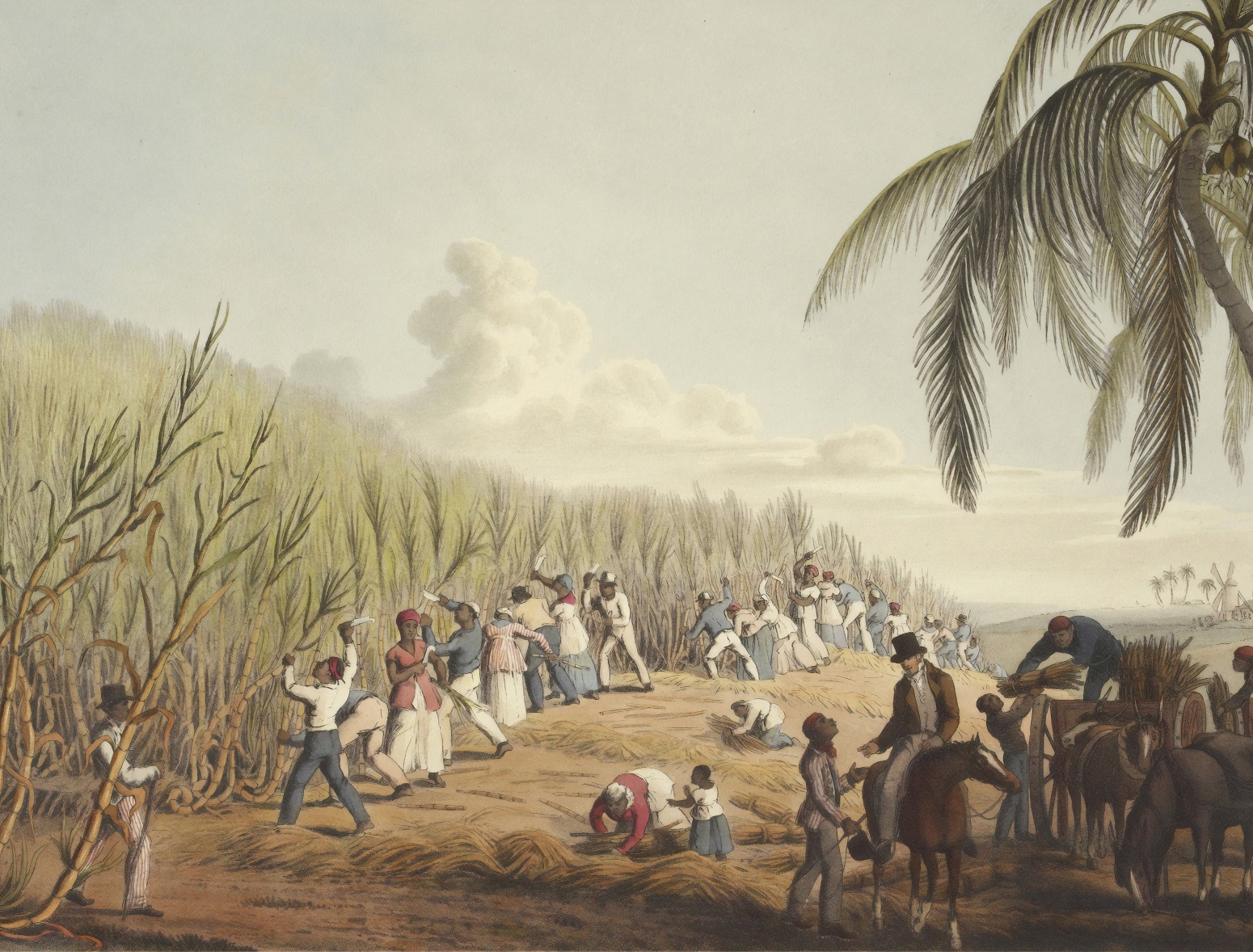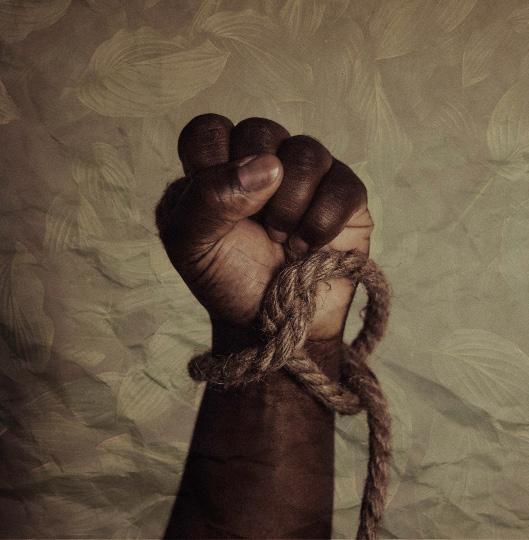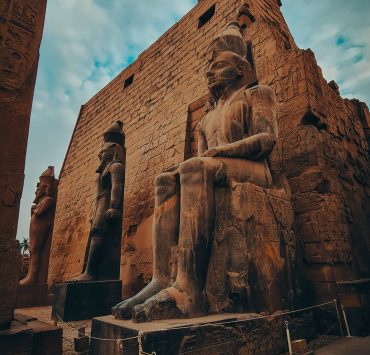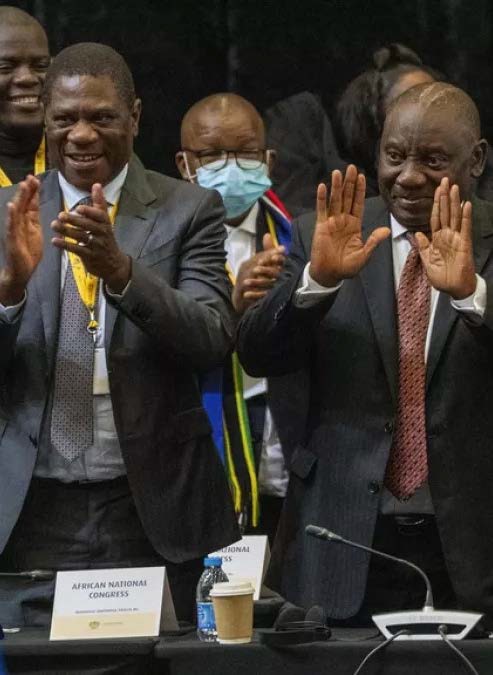Too Kind for Nothing

Robert Macharia is a mentor, trainer and writer bearing adequate…
When I was growing up I always believed that the world is all about doing good to others and expect something wonderful to happen to you in return. Nonetheless, being brought up in a Christian family informed my character on the reason I should always purpose to do good in life for the rewards in future would be enormous. It would be interesting to find out whether this world truly obeys the natural law of ‘Do good and good will come to you.’
Today, the world is marred with violence and bloodshed, while innocent victims remain abandoned, voiceless or dead. What is that so wrong that they ever did in their lives to merit such level of aggression? The irony is that there are more human rights watchdogs in the world today than there were two decades ago, but the concept of peaceful co-existence remains just but a dream. To add icing on cake, these human rights organizations are skewed to favor parties from Western countries at the expense of those in African and Middle East countries.
I find myself pondering the following: Who makes the rules? Who gets to decide what is right and what is wrong and to what scale? When you keenly track back to the colonial and post-colonial era in Africa, you will notice that the number of atrocities and perhaps genocides committed by the colonial masters were far too grave to the point that they do not encourage open talks about those incidents anywhere in the world. Another school of thought would argue that civilization comes at a cost but the right question would be: ‘At what cost or at all costs?’
As a constant victim of these incidences, Africa has a tendency of exhibiting very kind, generous and compassionate perspectives of others but not of themselves. I am still yet to see any match in the entire world to the level of generosity and kindness that Africans have even in the midst of oppression. Recently, I got a sample of some letters done by African people to their enslavers in ancient America (The Washington Post, 2022: The painful, cutting and brilliant letters Black people wrote to their former enslavers), and one letter that was striking was done by Jourdon Anderson in 1865. Jourdon Anderson and his family were freed by Union troops during the civil war and left Tennessee for Ohio. A few months after the war ended, Anderson’s former enslaver wrote to him, asking him to return to the plantation, where the harvest was about to come in, and promising in return a wage and freedom.

Here is a full write up of what Anderson had to say:
Dayton, Ohio, August 7, 1865
To my old Master, Colonel P. H. Anderson, Big Spring, Tennessee
Sir:
I got your letter, and was glad to find that you had not forgotten Jourdon, and that you wanted me to come back and live with you again, promising to do better for me than anybody else can. I have often felt uneasy about you. I thought the Yankees would have hung you long before this, for harboring Rebs they found at your house. I suppose they never heard about your going to Colonel Martin’s to kill the Union soldier that was left by his company in their stable.
Although you shot at me twice before I left you, I did not want to hear of your being hurt, and am glad you are still living. It would do me good to go back to the dear old home again, and see Miss Mary and Miss Martha and Allen, Esther, Green, and Lee. Give my love to them all, and tell them I hope we will meet in the better world, if not in this. I would have gone back to see you all when I was working in the Nashville Hospital, but one of the neighbors told me that Henry intended to shoot me if he ever got a chance.
I want to know particularly what “the good chance” is you propose to give me. I am doing tolerably well here. I get $25 a month, with victuals and clothing; have a comfortable home for Mandy (the folks call her Mrs. Anderson), and the children, Milly, Jane, and Grundy, go to school and are learning well. The teacher says Grundy has a head for a preacher. They go to Sunday school, and Mandy and me attend church regularly. We are kindly treated. Sometimes we overhear others saying, “Them colored people were slaves” down in Tennessee. The children feel hurt when they hear such remarks; but I tell them it was no disgrace in Tennessee to belong to Colonel Anderson. Many darkeys would have been proud, as I used to be, to call you master.
Now if you will write and say what wages you will give me, I will be better able to decide whether it would be to my advantage to move back again.
As to my freedom, which you say I can have, there is nothing to be gained on that score, as I got my free papers in 1864 from the Provost-Marshal-General of the Department of Nashville. Mandy says she would be afraid to go back without some proof that you were disposed to treat us justly and kindly; and we have concluded to test your sincerity by asking you to send us our wages for the time we served you. This will make us forget and forgive old scores, and rely on your justice and friendship in the future.
I served you faithfully for thirty-two years, and Mandy twenty years. At $25 a month for me, and $2 a week for Mandy, our earnings would amount to $11,680. Add to this the interest for the time our wages have been kept back, and deduct what you paid for our clothing, and three doctor’s visits to me, and pulling a tooth for Mandy, and the balance will show what we are in justice entitled to. Please send the money by Adams Express, in care of V. Winters, Esq., Dayton, Ohio.
If you fail to pay us for faithful labors in the past, we can have little faith in your promises in the future. We trust the good Maker has opened your eyes to the wrongs which you and your fathers have done to me and my fathers, in making us toil for you for generations without recompense. Here I draw my wages every Saturday night; but in Tennessee there was never any pay-day for the Negroes any more than for the horses and cows. Surely there will be a day of reckoning for those who defraud the laborer of his hire.
In answering this letter, please state if there would be any safety for my Milly and Jane, who are now grown up, and both good-looking girls. You know how it was with poor Matilda and Catherine. I would rather stay here and starve and die, if it come to that, than have my girls brought to shame by the violence and wickedness of their young masters.
You will also please state if there has been any schools opened for the colored children in your neighborhood. The great desire of my life now is to give my children an education, and have them form virtuous habits.
From your old servant, Jourdon Anderson
P.S.— Say howdy to George Carter, and thank him for taking the pistol from you when you were shooting at me.
It should be noted that Anderson’s former enslaver was forced to sell his plantation and died a few years later at age 44. On the other hand, Anderson lived a long life, had 11 children with his wife and became a sacristan in his church.
This letter which is well-done in all kindness, paints a factual picture of how mentally enslaved we as Africans have been and still are to date. One would have a feeling of how Anderson is torn between returning to slavery under harsh life threatening conditions or choosing freedom where by all means he had the good will to prosper in more ways than being a mere slave.
Why then do we still profess immeasurable kindness and generosity in begging for our freedoms? It does not always mean that you pick up arms and fight to the tooth for your freedom, but the right to live and enjoy your space stands assured and protected in law and it does not have to be considered as a favor. Was the world too kind and sympathetic when Muammar Gaddafi was being executed before world media? Or when Patrice Lumumba was assassinated and dismembered beyond recognition? Or when over 4,000 Haitian migrants who were seeking asylum were inhumanely deported together with their families from United States of America. Instead of being too kind for nothing, it is better to show deliberate efforts towards being treated fairly just like the rest in all spheres that are not limited to social, economic and political spheres. Let us learn to speak up.
What's Your Reaction?
Robert Macharia is a mentor, trainer and writer bearing adequate experiences in business development and brand management success.


















